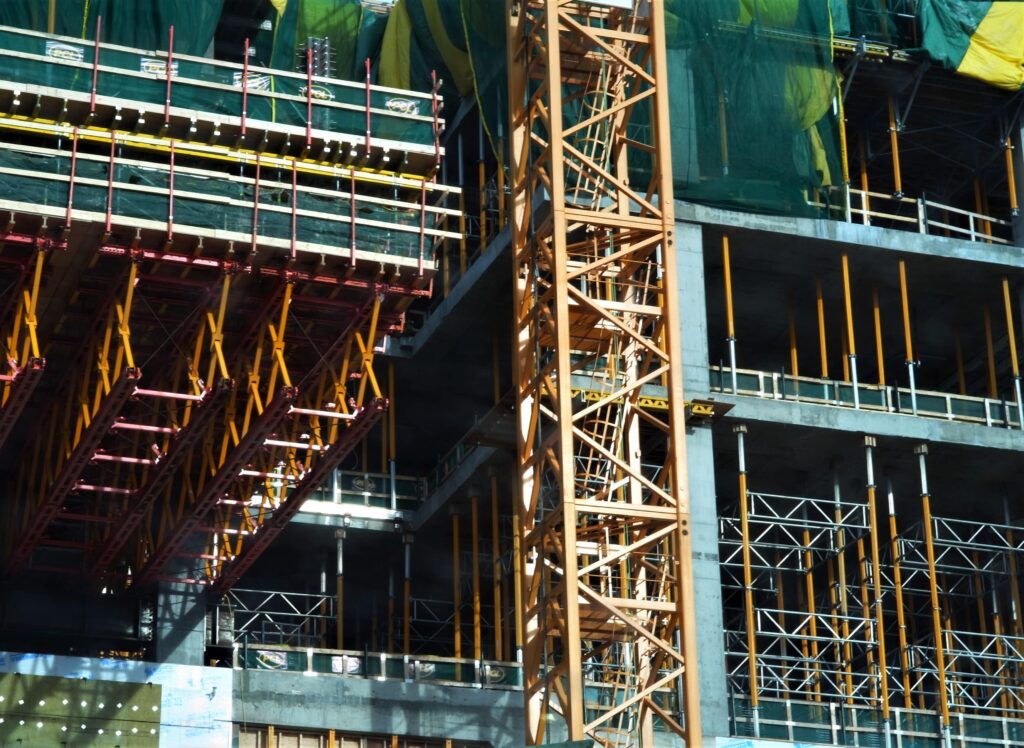Table of Contents:
- Guiding Developers Through Design and Construction In Chicago
- Dispute Avoidance and Resolution
- Enhancing the Project Vision
- How Do You Assist Illinois Real Estate Developers?
- How Can Real Estate Developers Avoid Construction Disputes?
- Can Construction Contracts Be Used to Manage Risk?
Guiding Developers Through Design and Construction In Chicago
It is an exciting time for Chicago! Each day real estate developers reinvent our city through a wide variety of exciting projects. From refreshing the Loop, to expanding our River North and West Loop playgrounds, to countless other projects in the city and suburbs, they make Chicago a premier city to work and play.
None of this is easy. Developers are a unique breed of entrepreneur. They turn vision into reality. They know the numbers, and seek the sweet spot of risk and reward. They do what other people cannot or will not do, often making highly-leveraged bets to pursue opportunity. Chicago owes much to its real estate developers.
Construction attorneys and real estate lawyers – while both important – have different skill sets. Jeremy helps developers achieve their vision through creative project structuring, smart contracts, and proactive dispute avoidance. Having represented most players in the design and construction industry, he has the knowledge, insights, and experience to help developers build – from project inception to final completion.
Dispute Avoidance and Resolution
The promise of a jury verdict – years away – often rings hollow for developers with debt to service, leases to honor, or plans to take completed projects to market. Fortunately, many construction project disputes can be avoided, or minimized, with early and real-time proactive intervention.
Jeremy comes from the school of ‘nip-it-in-the-bud.’ However, he stands ready to protect developers in mediation, arbitration, and litigation when that is in his clients’ strategic interests. Even during arbitration and litigation, his focus is always on early, cost-efficient dispute resolution.
He has represented prominent national and Chicago-based developers in:
- Managing extensive change order requests and project delays in real-time.
- Completing distressed projects involving bankruptcy filings, mechanics liens, cost overruns, injunctions, delay, and claims against surety bonds.
- Prosecuting design and construction defect claims against architects, engineers, contractors, and design-builders in order to maximize recoveries.
- Specialty projects, including the defense of a prominent wind farm developer from a constitutional challenge to its special use zoning approvals.
- Defending against claims brought by buyers and condominium associations.
Enhancing the Project Vision
We understand the various project delivery method options and can advise developers on the pros and cons of each. We counsel clients regarding:
- Design-build, design-bid-build, multiple prime contractor, construction manager at risk (CMr), construction manager as advisor (CMa), and other delivery methods.
- Pricing methods including fixed fee, guaranteed maximum price (GMP), not-to-exceed (NTE), time and materials (T&M), unit pricing, and others.
- Creative solutions like fast-tracking or phasing projects to allow the design and construction efforts to strategically overlap.
How Do You Assist Illinois Real Estate Developers?
Real estate development involves a wide range of fields: project supervision, business and market forecasting, financial arrangements, and legal obligations.
At Baker Law, we help our clients navigate the risks and challenges so that their projects and their businesses can be profitable. From initial site acquisition to contract negotiation, project delivery method selection and, if necessary, dispute resolution, we use our legal acumen and experience to help ensure successful and profitable completion.
How Can Real Estate Developers Avoid Construction Disputes?
Practically all construction disputes are avoidable. By taking the following steps during the project planning and contract creation phases, you can avoid common misunderstandings that disrupt schedules and impact business relationships.
- Define Scope Clearly: A lot of disputes arise from claims related to work outside the scope of the project. By specifying processes for handling changes, delays, and extra work in advance, you can avoid interpretation disputes later.
- Frequent Communication: Ineffective communication is a frequent source of misunderstanding. One of the biggest areas impacted is the construction schedule- if there is no clearly defined and communicated series of critical dates, it can lead to costly delays and claims.
- Follow the Processes in the Contract: When the parties to a construction contract conduct themselves without regard for its processes and requirements, the project can take an unexpected detour and lead to a complex resolution.
- Keep Records: Keeping clear and contemporaneous records of all events and communications may not prevent a dispute from arising, but strong evidence of your version of events can keep it from escalating to court.
Can Construction Contracts Be Used to Manage Risk?
Construction contracts are designed to set project expectations and outline how objectives are met, anticipated issues will be handled, and risk will be allocated. During the negotiation phase, all parties can discuss and resolve any questions or concerns related to risk allocation, so that misunderstandings don’t derail the project later.
At Baker Law, we draft contractual provisions that are relevant to the project itself. There is no copying and pasting from previously used contracts, so the result is project-specific and addresses risk accordingly.
We love helping real estate developers deliver projects on time, on budget, and without avoidable disputes. To learn more about real estate development laws of Chicago, contact Baker Law today.

Construction attorneys and real estate attorneys – while both important – have different skill sets.



